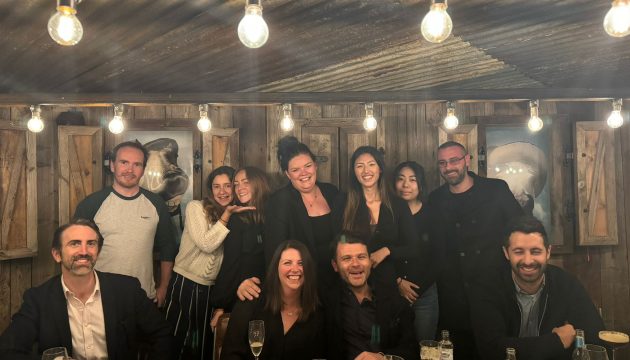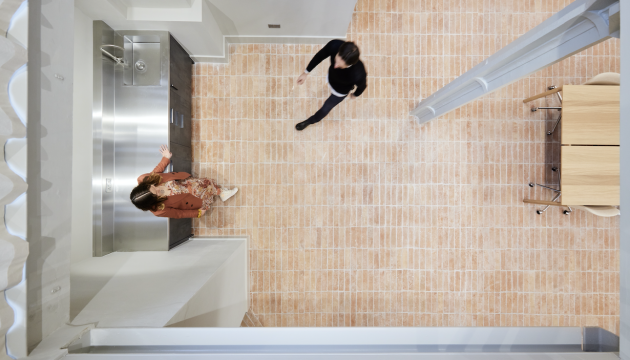Emad Hefny is Founder & CEO of Seeders Capital, providing sustainable building solutions in Egypt and Spain.
Seeders Capital is one of the first global organisations to advance cities towards circular economies, through zoning and self-sufficiency initiatives.
Emad has an MSc in Finance and published research on waste management.
We posed some questions to him on the value of healthy buildings and smart, sustainable cities.
1. What is the ambition of Seeders Capital?
Seeders Capital helps creates healthy buildings within smart and sustainable city zones. These are: Clean Air Zones, Zero Waste Zones, Clean Energy Zones, and Clean Water Zones.
Leveraging green financing, impact investing, IoT technology, carbon monitoring, and more – Seeders empowers individuals, businesses, and governments to adopt sustainable solutions across value chains.
Our solutions are ecological and modular: holistically improving urban life.
Seeders currently represents and works with over 20 top global entities, creating healthy buildings and zero pollution zones.
2. How did you get into sustainability and healthy buildings?
I have always been fascinated by waste management and circularity, digging deeper during my BSc studies to examine Waste-to-Energy feasibility in Egypt.
In 2015, I published a research paper: “Strategic planning of Municipal Solid Waste Management in Developing Countries”.
Finance took me to waste management – it was easy to connect the dots and add healthy buildings to the portfolio.
3. What is the biggest challenge we face in making the built environment sustainable?
We are the biggest challenge. We have always been taught that the only constant is change yet the human brain is wired to certainty.
Too often, we see leaders viewing sustainability through a short-sighted lens of operations rather than using it for business transformation and growth. Shifting this mentality is our biggest challenge – and opportunity.
4. The most innovative building solutions you’ve seen?
Biophilic designs, modular renewable energy, and onsite waste management.
The move towards green energy has long been a hot topic but diversifying the renewables mix has become a necessity.
Today’s buildings can be largely self-dependent on energy: through optimised solar, modular wind, and onsite waste recycling and transformation.
Seeders is delivering exactly that. A building can be a Clean Energy Zone, a Zero Waste Zone, Clean Water Zone and a Clean Air Zone – a huge leap towards independence and business model optimisation.
5. In 2050, what will our cities look like?
It’s too hard to predict how things will materialise in the next 3 years!
I predict few companies will survive to 2050, consumer behaviour will drive innovation, and sustainability will lead to smart, automated, nature-driven, wellbeing-focused urban centres.
Featured Stories & Insights
 12th July 24
12th July 24
TSP Celebrates 15 Years: Q&A With Zac Goodman, Founder & CEO
This year celebrates TSP’s 15th Birthday. Co-founded by Zac Goodman in 2009, the business emerged...
Read More 12th July 24
12th July 24
Understanding Forfeiture of Commercial Lease
Have you ever considered what happens if a commercial tenant breaks their lease? Can the...
Read More 5th July 24
5th July 24
Can ‘core to floor’ move the dial in a polarised office market?
AS FEATURED IN ESTATES GAZETTE, 04.07.2024 “A core-to-floor approach is the middle ground office landlords...
Read More 2nd June 24
2nd June 24
‘Core to Floor’: The Latest Strategy Helping Landlords Keep Their Buildings Fuller For Longer
Traditional long-term leases and hands-off landlords don’t meet modern occupiers’ needs. These assets are struggling....
Read More 30th May 24
30th May 24
People talk about “customer-centric”, but what is it?
The term “customer-centric” is often thrown around, but what does it actually mean – especially...
Read More 28th May 24
28th May 24
Simplify Processes & Add Value in Property Management: Insights from TSP x Trustek
In this conversation between TSP and our PropTech Consultant partner Trustek, we explore meaningful, data-backed...
Read MoreView all
Let's Talk
Got a question? Use the form to get in touch.